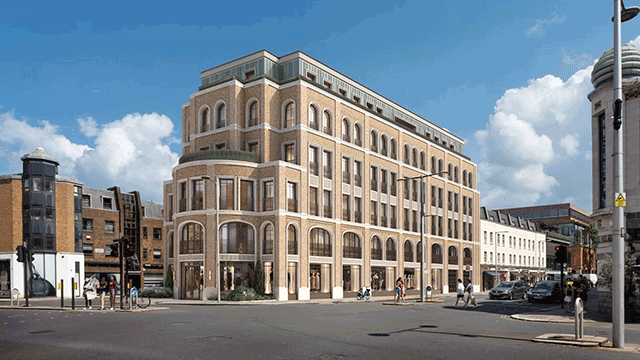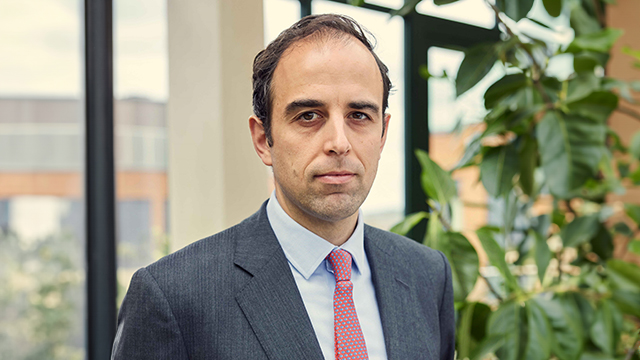The BBC’s chief international correspondent today asked the BCO conference in Berlin whether London “still has a place in the boxing ring” following the UK’s decision to leave the European Union.
Lyse Doucet said the city used to punch above its weight on the world platform, and said: “I used to say that I lived in a world without borders and London was the capital. But after that fateful decision made by the UK in June 2016, I can’t say that anymore.”
Doucet joined Janan Ganesh, political columnist at the Financial Times, and BBC security correspondent Frank Gardner to discuss the global impact of Brexit.
She added that, despite the impact Brexit might have on the UK’s position in Europe and the world, the main concern now is not Britain leaving the EU but “ the United States leaving the world as we know it thanks to an unpredictable leader”.
Ganesh said: “Brexit is not a crisis. It’s a bit worse than that, because in a crisis you can see what’s happening.
“Theresa May started the clock by signing before she knew what she wanted out of the deal, so everything is very opaque. We are negotiating with ourselves more than we are with the EU.”
He went on to outline an uncomfortable vision of a post-Brexit Britain.
“It will be a gradual, economic decline that we won’t feel or see immediately,” he said.
“We might miss out on some foreign investment. We might lose that talented physics PhD from overseas who decides France or Japan or America is a better bet. We might become a tiny bit economically less well off.
“As I said, you won’t see these things happening in isolation but they will add up to something over time. In a decade and a half, this country could be substantially poorer than it needed to be.
“It won’t feel like a crisis to you, but this indecipherable decline will impact your children and grandchildren very differently.”
To send feedback, e-mail emily.wright@egi.co.uk or tweet @EmilyW_9 or @estatesgazette










